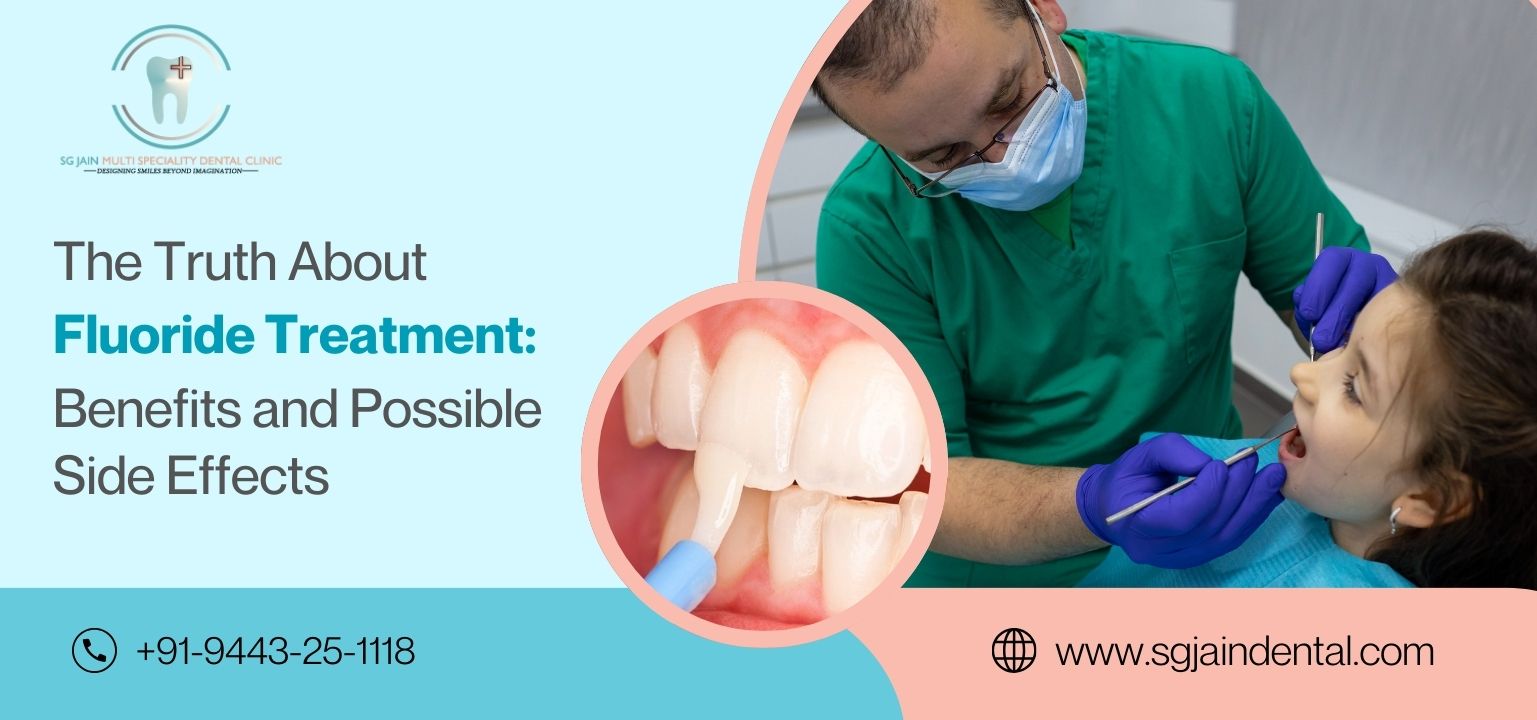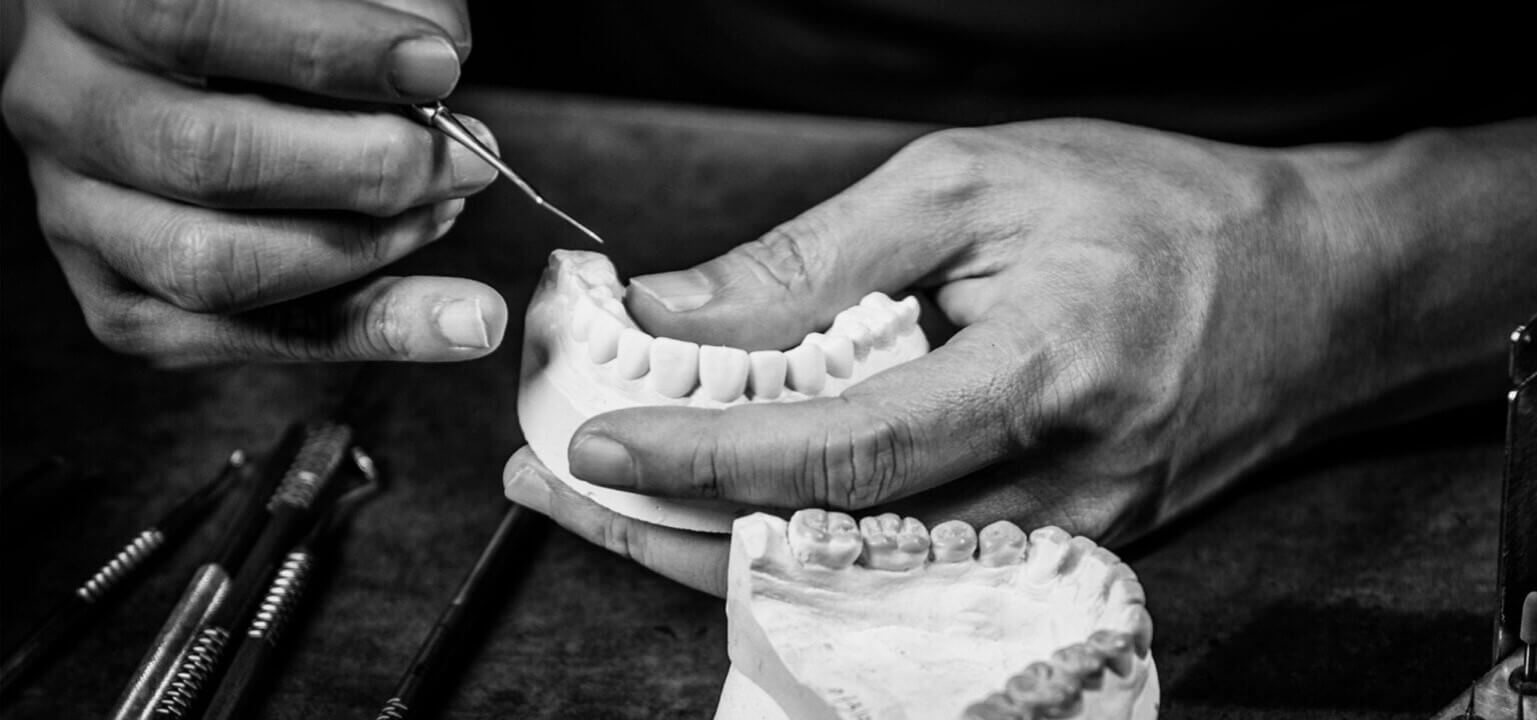

Fluoride treatment has long been a foundation of dental care, celebrated for strengthening teeth and preventing cavities. But like any dental intervention, it’s important to understand its benefits and potential side effects to make informed decisions about your oral health. In this blog, we will explore the science behind fluoride treatment, its advantages, and the possible risks associated with its use.
What Is Fluoride Treatment?
Fluoride is a naturally occurring mineral found in water, soil, and certain foods. In dentistry, fluoride treatment involves applying concentrated fluoride to teeth as gel, foam, or varnish. This professional treatment is designed to protect teeth and reduce the risk of decay.
Benefits of Fluoride Treatment
1. Strengthens Tooth Enamel: Fluoride helps to remineralize weakening enamel, which protects your teeth from acid attacks from plaque and sugary meals.
2. Prevents Cavities: Regular fluoride use considerably reduces the risk of tooth decay by forming a protective barrier on the teeth's surfaces.
3. Reverses Early Decay: In the initial stages of cavity formation, fluoride can halt and even reverse the decay process by restoring minerals to the enamel.
4. Cost-Effective Preventive Care: Fluoride treatment is a simple and affordable way to avoid expensive dental procedures like fillings, crowns, or root canals.
5. Safe for All Ages: While particularly beneficial for children whose teeth are still developing, fluoride also offers protective benefits for adults.
Possible Side Effects of Fluoride Treatment
Fluoride treatment is generally safe when used appropriately, but excessive exposure or misuse can lead to some concerns:
- 1. Dental Fluorosis: What Is It? It's a condition caused by overexposure to fluoride during tooth development, leading to white spots or streaks on teeth. Prevention Tip: Monitor fluoride toothpaste use in children and avoid swallowing.
- 2. Temporary Sensitivity: Few people may experience mild sensitivity after fluoride application, but this typically resolves quickly.
- 3. Gastrointestinal Discomfort: Swallowing excessive fluoride during treatment can occasionally cause stomach upset.
- 4. Skeletal Fluorosis: Excessive fluoride consumption over many years can affect bones, but this is extremely rare and generally linked to high fluoride levels in drinking water.
Who Should Consider Fluoride Treatment?
Fluoride treatment is particularly beneficial for:
- Children and Teenagers: As their teeth are still developing, fluoride strengthens enamel and prevents decay.
- Individuals with Dry Mouth: Saliva naturally washes away food particles and acids, and those with dry mouth are more prone to cavities.
- People with a High Risk of Cavities: Individuals with a history of frequent cavities or poor oral hygiene benefit from fluoride's extra protection.
Fluoride treatment is highly effective for maintaining strong, healthy teeth and for preventing cavities. While the benefits are numerous, using fluoride responsibly is essential to avoid potential side effects.
Pair professional fluoride treatments with a good oral hygiene routine, such as regular brushing, flossing, and dental checkups for better results. Consult your dentist to determine if fluoride treatment is right for you and to address any concerns you may have about its use.
A healthier smile starts with informed choices. Book an appointment for fluoride dental treatment in rs puram at SG Jain Multispecialty Dental Clinic.
All Blog
- Does a More Expensive Clinic Guarantee Better Dental Implant Results?
- The Psychological Benefits of Full Mouth Rehabilitation: Beyond the Price Tag
- How do I choose the best restoration option for me?
- Top 10 Tips for a Smooth Recovery After Wisdom Tooth Removal Surgery
- Clear Aligners vs. Metal Braces: Which One is Right for Your Smile?
- Understanding Pain After Root Canal: What You Should Know and When to Get Help
- The Cost of Digital Smile Design: Is It Worth the Investment?



